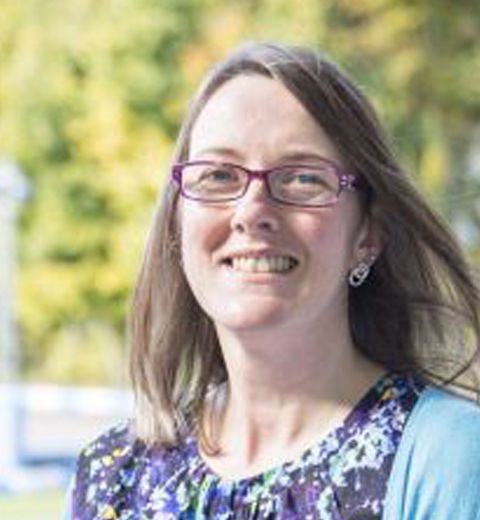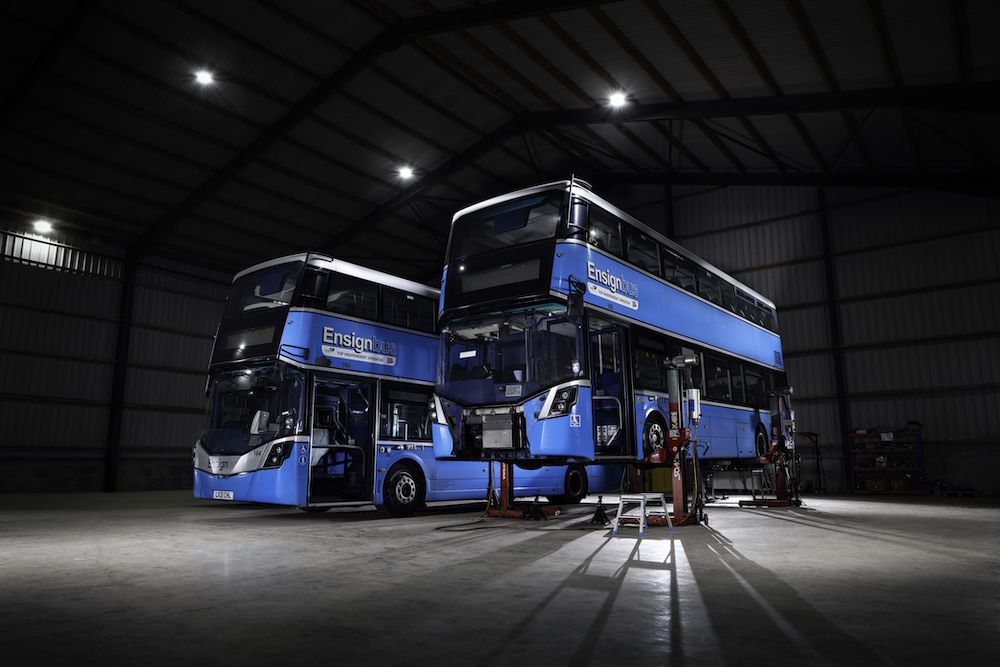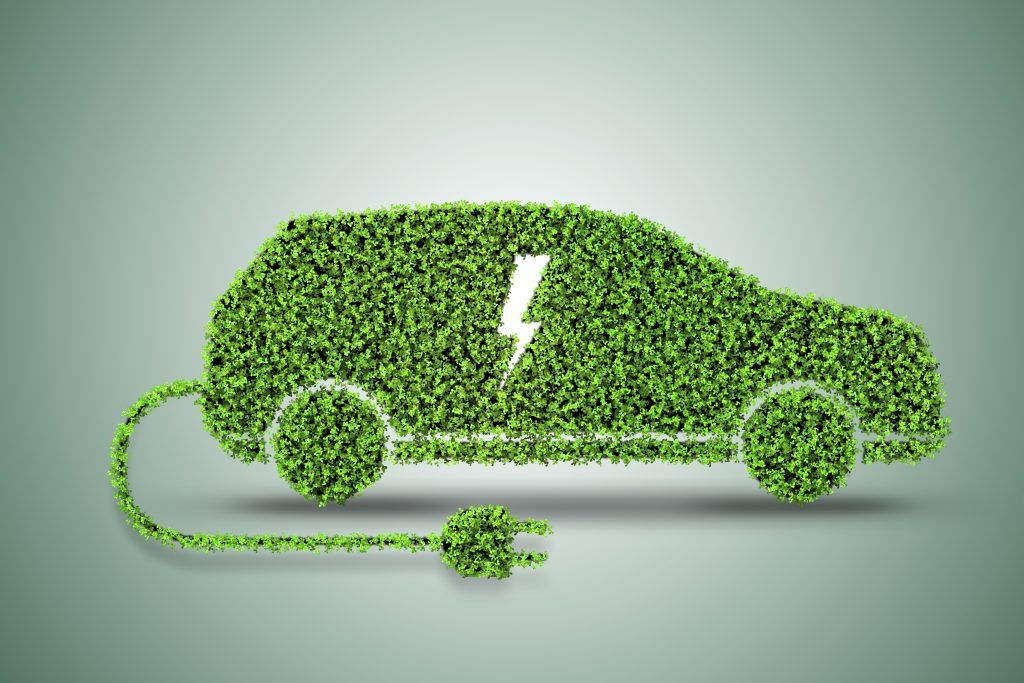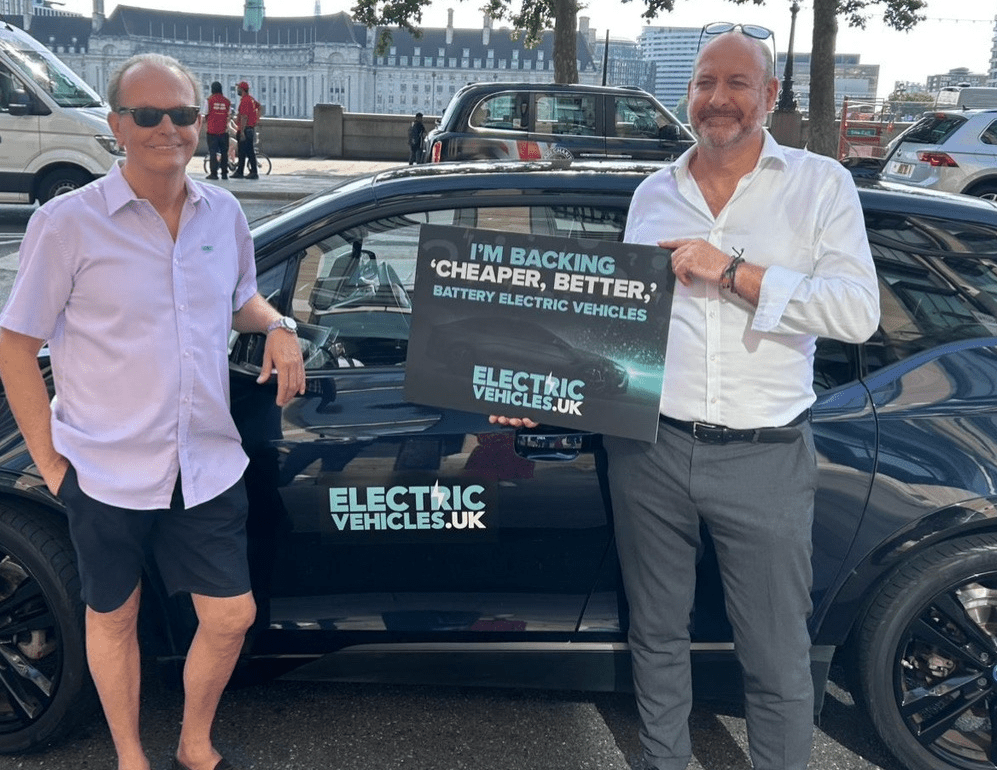The transport and energy industries are being told they are already being brought together to support National Highways’ plans to decarbonise transport on the Strategic Road Network (SRN).
Joanna White, Roads Development Director at National Highways told delegates at the Transport + Energy Forum “Taking Action to Decarbonise Now” collaboration is fundamental to making things happen.
The vast proportion of transport emissions – around 97% – is made up by road users, she explained. “We set up ambitious targets, including by 2030 to have zero corporate emissions,” she explained, while by 2040 “we will have zero construction emissions”.
Dr White continued: “By 2050 we will have net zero road emissions. We have less control around that so this is where collaboration is needed – we need to work with manufacturers, charge point manufacturers, the Grid and motorway service areas, for example. We are supporting OZEV with conversations about freight trials they are running, we are working with service area operators to make sure they have the facilities to do something in the time a vehicle is charged, and we need to make sure it is safe and secure.”
She discussed how no-one is more than 20 miles from a charge point on 95% of the Strategic Road Network. “We have funded monitoring electric van trials in Leeds, Coventry, Kent, Nottingham, Sheffield and Bristol, to let business owners try out an electric van for a few weeks so they can work out if it is something they want to invest in,” she added. “And we are converting our own fleet. We have a number of traffic officers and we are looking at what electric or hybrid vehicles we can use, and we have purchased some of these to try out the solutions.”
She talked about incident response that might lead to unintended consequences. “When an electric vehicle breaks down, it stops and that is not a good thing on our network,” she said. “Our Traffic Officers are now trained to get these vehicles away from live traffic quickly, into a safe place. Ideally we don’t want people to break down on the network – whatever vehicle they are driving – but we are making sure they are safe as quickly as possible.”
Dr White also talked about HGV platooning trials, where they learned a lot about fuel efficiency, and also about National Highways’ energy storage project which looks into enabling six high-powered charge points at service areas through battery storage during low-demand times.














